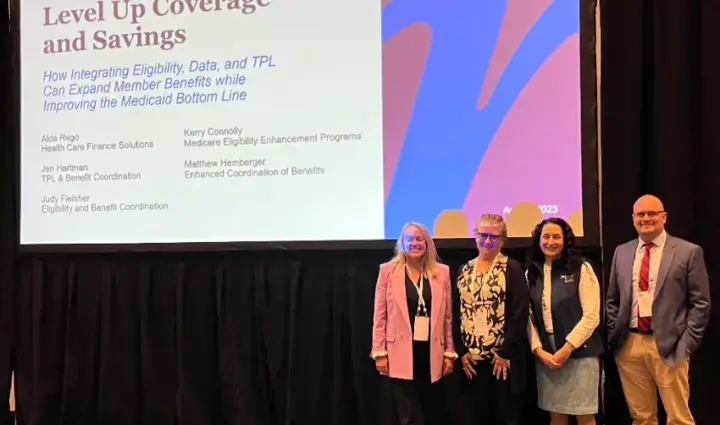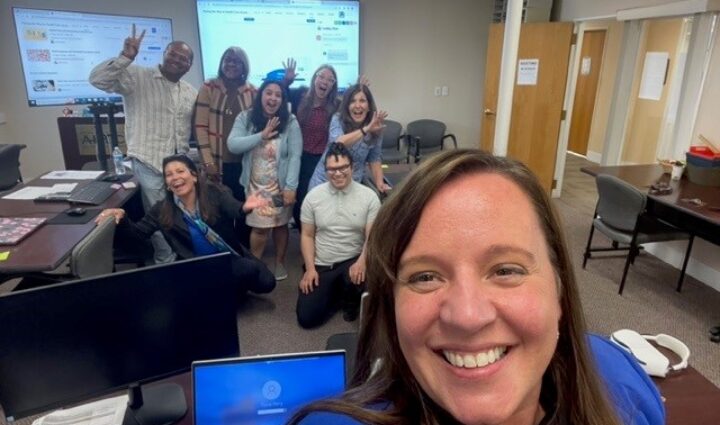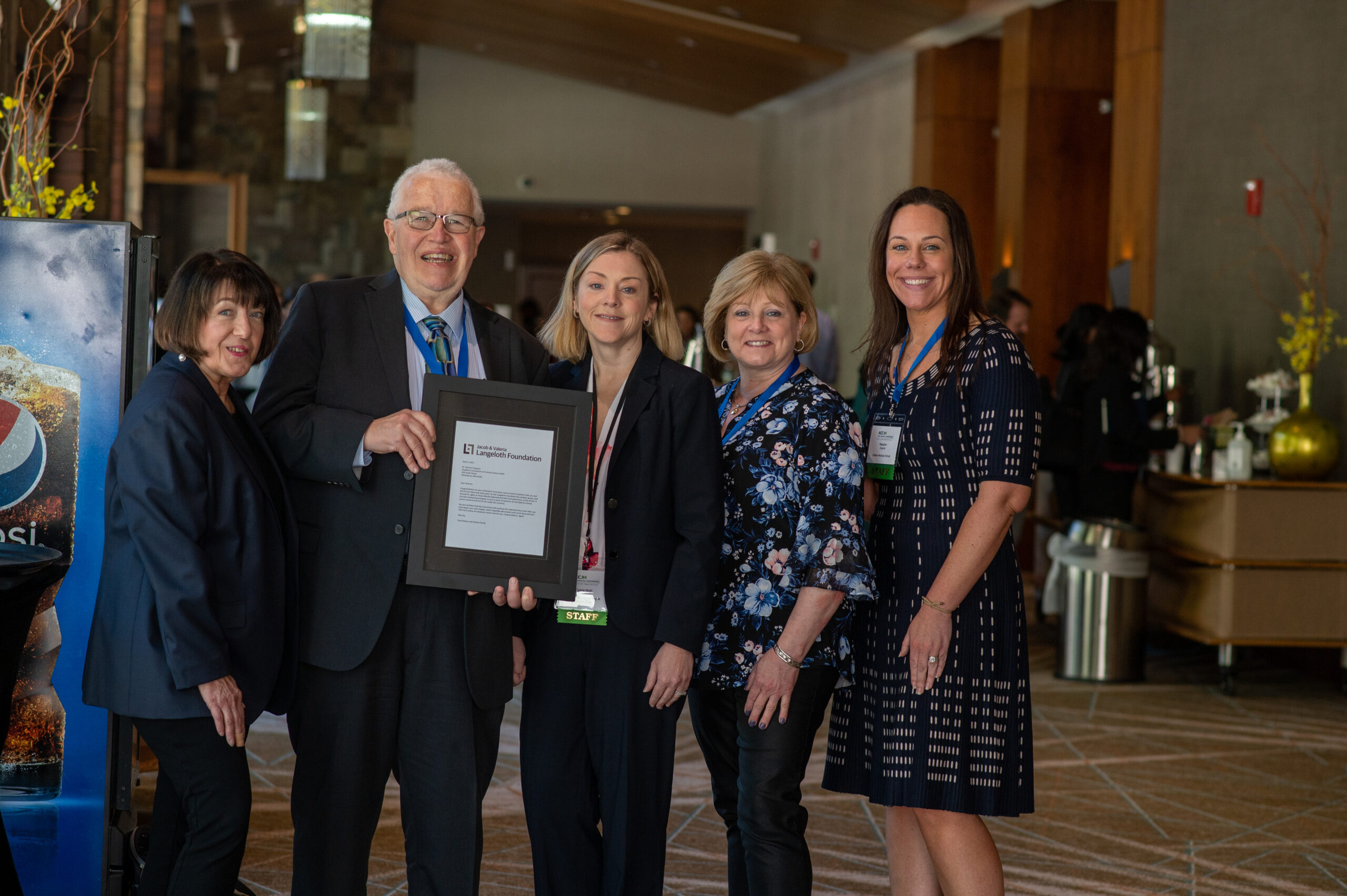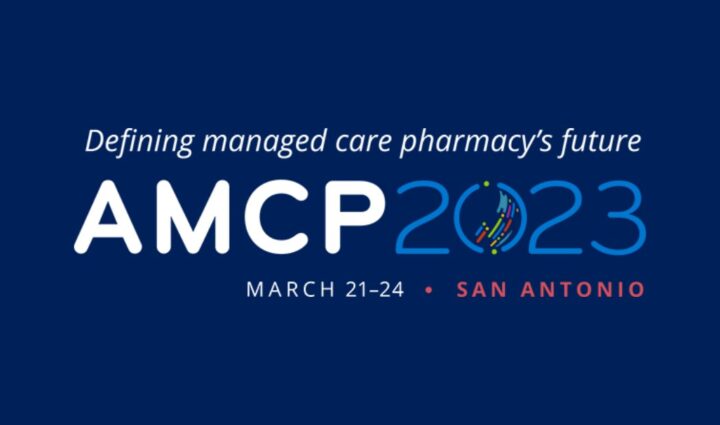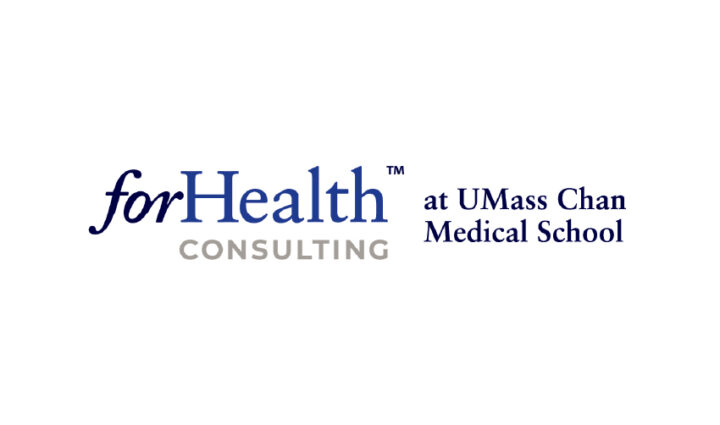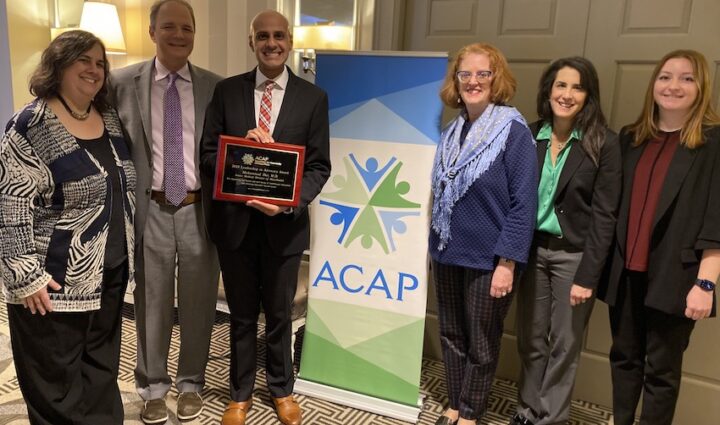- Solutions
- Perspectives
- Publications
- About
-
-
-
Trending Perspectives
- The role and value of professional medical interpreters in the post-COVID-19 world
- Exploring the Trend of Value-based Contracts in the United States
- New CMS Rule Brings Value-Based Purchasing Arrangements to State Medicaid Pharmacy Programs
- Breaking Barriers: How Social Workers Make a Lasting Impact on Our Communities
- Keeping an eye on novel developments in the antidepressant pipeline
Popular Services
Prominent Publications
- ECOB – Enhanced Coordination of Benefits Massachusetts Overview and Community Outreach Initiative
- Using Analytics to Assist Healthcare Organizations
- Evaluating the impact of community health worker certification in Massachusetts
- Improving Behavioral Health For All
- Case Study: Measuring the patient experience
-
-






